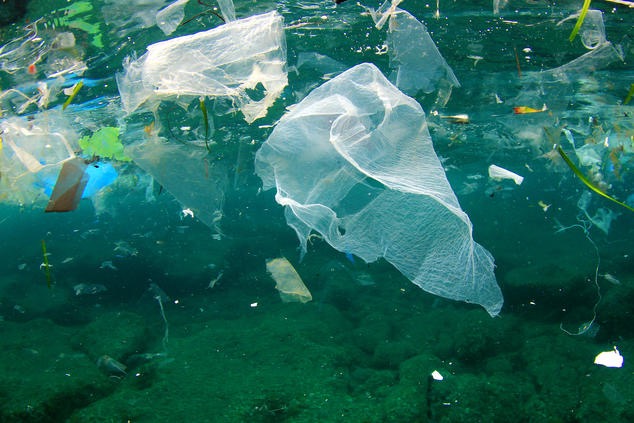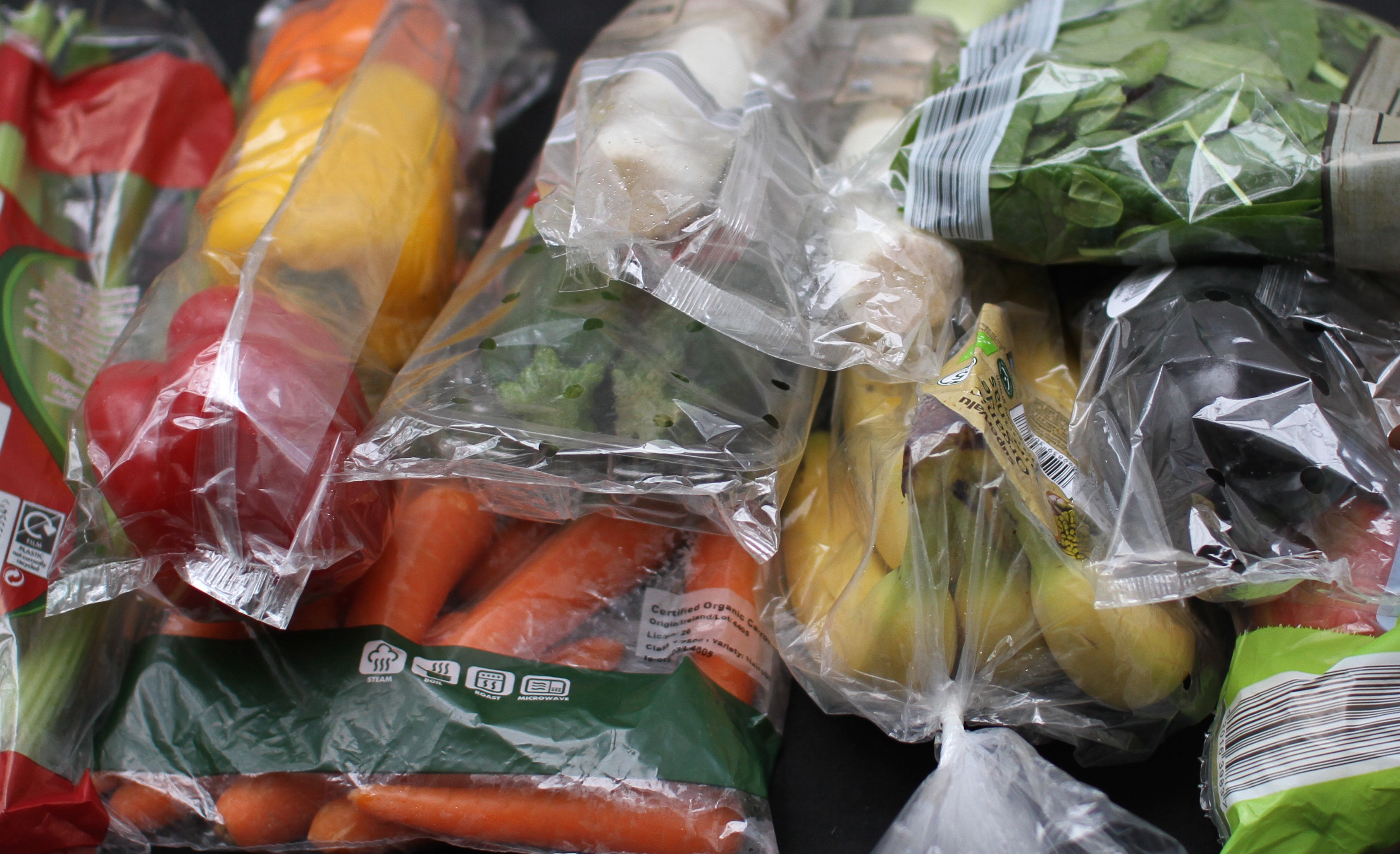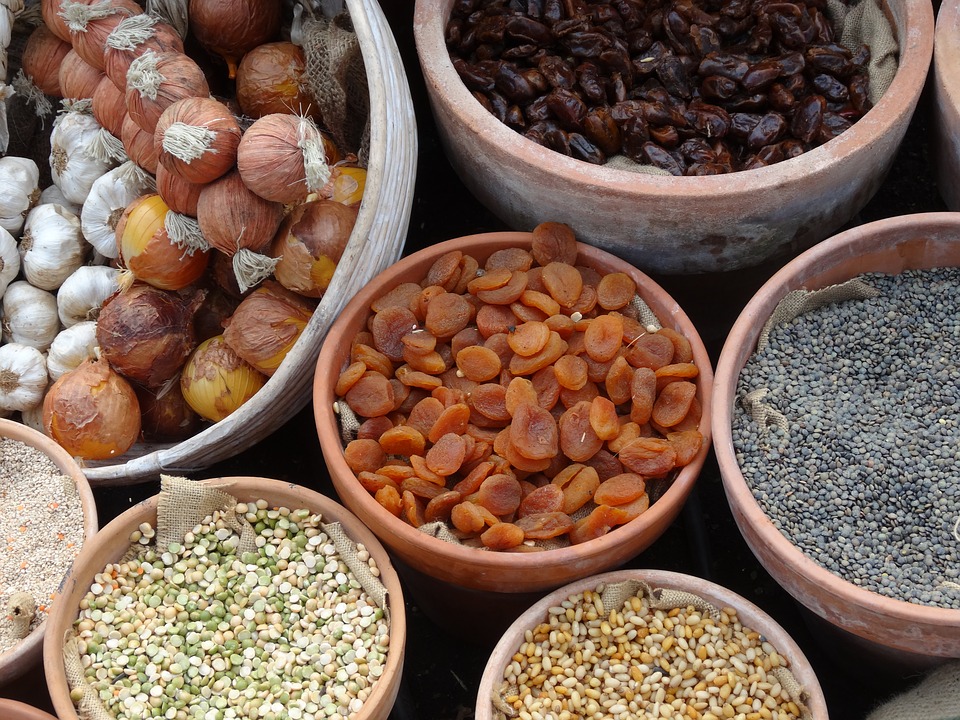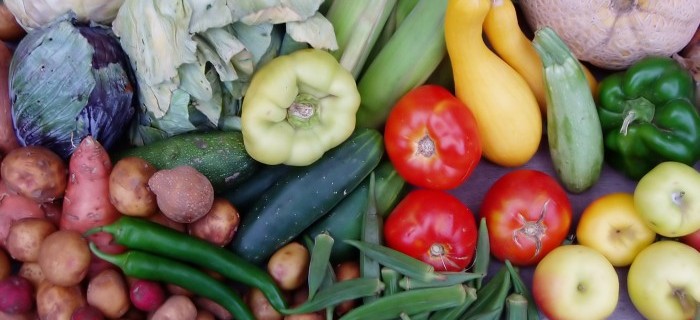Towards a Plastic Pollution Revolution in Ireland

June 8th, 2017
Today marks World Ocean Day 2017, a global day of celebration honouring the world’s oceans and an opportunity to appreciate, conserve and protect our marine life and habitats.
This year’s conservation focus is on preventing plastic pollution and marine litter, encouraging solutions for healthier seas.
 And rightly so. A widely cited study by the Ellen MacArthur Foundation for the World Economic Forum warns that by 2050, there will be more plastic in the ocean than fish.
And rightly so. A widely cited study by the Ellen MacArthur Foundation for the World Economic Forum warns that by 2050, there will be more plastic in the ocean than fish.
A separate report in the journal Science estimates that 8 million tonnes of plastic enter the oceans each year – the equivalent of one truckload per minute. One researcher for the study likens this amount to lining up 5 grocery bags of rubbish on every foot of coastline around the globe.
This onslaught of plastics in our oceans is having a devastating effect on marine life. One million seabirds and 100,000 marine mammals are killed each year by ingesting and becoming entangled in plastic debris.
And single-use, disposable plastic packaging is largely to blame. When this plastic breaks down into smaller particles it is ingested by marine life, entering the food chain and, potentially, ending up on our plates.
The catastrophic impact of disposable plastic on the environment has prompted measures to be taken by governments across the globe. In 2016, France banned the use of all disposable plastic cutlery, plates and cups. In January 2017, the government in Delhi took the unprecedented step of banning all forms of disposable plastic in the Indian capital. Other bans on single-use plastics have been implemented in San Francisco, Morocco and Ethiopia.
The Plague of Plastic Packaging
 But what about Ireland? A walk along the aisles of a mainstream supermarket paints a very different picture. In one survey carried out for this article, 121 out of 139 fruit and vegetable items recorded were packaged in plastic. That amounts to a staggering 87 per cent, the vast majority of which was single-use and non-recyclable.
But what about Ireland? A walk along the aisles of a mainstream supermarket paints a very different picture. In one survey carried out for this article, 121 out of 139 fruit and vegetable items recorded were packaged in plastic. That amounts to a staggering 87 per cent, the vast majority of which was single-use and non-recyclable.
Another survey in a separate supermarket chain yielded similar results, with 83 per cent of all fruit and vegetables wrapped in plastic. Less than three per cent of these (two out of 75 packaged products recorded) used fully recyclable plastic.
These figures indicate that on a whole, Irish supermarkets are potentially responsible for billions of disposable plastic bags ending up as waste each year.
New data from Coastwatch Ireland set to be released this week indicates plastic bottles were found in over 80 per cent of all coastal sites surveyed during the most recent All-Ireland Coastwatch Survey. The results, seen by The Green News, indicate that plastic bottles are the primary macro litter item found around the island of Ireland every year.
While Ireland made history in 2002 with the introduction of the plastic bag levy, reducing the use of plastic carrier bags by over 90 per cent, the impact of this levy is being largely undermined by the excessive and unnecessary amount of disposable plastic packaging on our supermarket aisles.
Towards a Plastic Pollution Revolution
While the Irish government has yet to outlaw disposable plastic packaging, citizens are taking it upon themselves to make their voices heard.
 One Uplift campaign, organised by Dylan Regan, is calling for the provision of a plastic free aisle in every major supermarket across the country. Another Uplift petition put forward by Zero Waste Ireland is encouraging the introduction of a Deposit Refund System for drinks containers to reduce the amount of plastic bottles ending up in landfill.
One Uplift campaign, organised by Dylan Regan, is calling for the provision of a plastic free aisle in every major supermarket across the country. Another Uplift petition put forward by Zero Waste Ireland is encouraging the introduction of a Deposit Refund System for drinks containers to reduce the amount of plastic bottles ending up in landfill.
The End Plastic Plague campaign, which can be found on Facebook, has a Change.org petition calling for the ban of single use, non-recyclable plastic packaging for fruit and vegetables in Irish supermarkets. It also recommends a number of ways you can participate in the campaign and raise awareness by engaging consumers, retailers and politicians alike.
Following an online campaign and ongoing consultation with several members of the public, Lidl recently began providing their aubergines free of plastic for their customers. It is a tiny, yet significant, victory which demonstrates the impact that people power can have in influencing retailers’ packaging choices.
‘BYOC’ – Bring your Own Containers
While many are calling on supermarkets to change their packaging policies, others are taking it upon themselves to offer zero-waste options for like-minded consumers.
 ‘Bring Your Own’ was set up a few months ago by Íde Mhic Gabhann and Ciarán Smyth to provide loose, packaging-free goods as an alternative to supermarket options. They travel to markets around Dublin and Kildare offering a range of nuts, dried fruit, beans, lentils and pulses, as well as other essentials like baking powder, detergent and toothbrushes. Consumers are required to bring their own refillable bags, containers and jars to avoid the need for plastic packaging. To see where they’ll be visiting next, find them on Facebook here.
‘Bring Your Own’ was set up a few months ago by Íde Mhic Gabhann and Ciarán Smyth to provide loose, packaging-free goods as an alternative to supermarket options. They travel to markets around Dublin and Kildare offering a range of nuts, dried fruit, beans, lentils and pulses, as well as other essentials like baking powder, detergent and toothbrushes. Consumers are required to bring their own refillable bags, containers and jars to avoid the need for plastic packaging. To see where they’ll be visiting next, find them on Facebook here.
Laetitia Therr has also initiated a Zero-Waste section at the Dublin Food Co-op in Newmarket Square, Dublin 8, offering a whole range of loose produce and foodstuffs, from pasta and rice to salt and spices. The stall is open from Wednesday to Saturday each week during normal opening hours. Find out more on the Dublin Food Co-op Facebook page.
Finally, for those who would like to learn more about living a zero waste lifestyle, Ireland’s first Zero Waste Festival is coming to Inchicore Sports and Social Club on Sunday 25th June. It will be an action packed day of talks, screenings, workshops, food and swap shops all revolving around the ethos of zero waste. Tickets are limited so get yours here. For more information, visit www.zerowastefestival.ie.
If you or your organisation are involved in campaigns, clean-ups or other efforts to combat disposable plastics in your local area, please get in touch at office@ien.ie or send us a message on our Facebook page.
[x_author title=”About the Author”]







